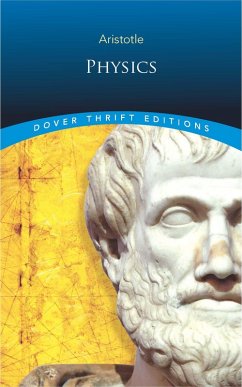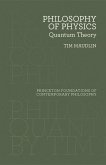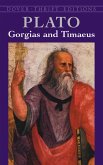Written in the fourth century BCE by Greek philosopher and scientist Aristotle, Physics set out to define the principles and causes of change, movement, and motion. For 2,000 years ― until discoveries by Galileo, Newton, and other scientists ― this treatise was the primary source for explanations of falling rocks, rising flames, the circulation of air, and other physical phenomena. Modern readers are required to bring a keen sense of criticism to these writings. Although Aristotle incorporated some degree of experience and observation in his thinking, the root of his reasoning lies in the philosophical approach. The brilliance of the philosopher's mind and his articulate manner of expression, together with the fact that he was among the first to undertake an intellectually rigorous investigation of nature's basic properties, contribute to the historic value of this book. It remains a foundational work of modern science and philosophy and a key to understanding the work of subsequent theorists and scholars.
Dieser Download kann aus rechtlichen Gründen nur mit Rechnungsadresse in A, D ausgeliefert werden.









